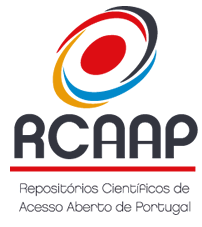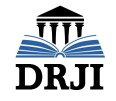Adhesion of university teachers to web 2.0 resources for information and knowledge dissemination and sharing
DOI:
https://doi.org/10.5433/1679-0383.2011v32n1p65Keywords:
Web 2.0, Web 2.0 resources, Information sharing, Knowledge sharing, University teachers.Abstract
The present study analyzed the adhesion of Web 2.0 resources by teachers of Library Science courses in Southern Brazil in order to share and disseminate Information and Knowledge (I & K). The methodological procedure used was descriptive research with the administration of a questionnaire to teachers of Library Science course. The results indicate that Web 2.0 resources are used to assist in carrying out their actions, to work as a channel of communication with internal and external audiences, to share and disseminate I & K with students and peers. In addition, teachers use the tools as strategic resources to assist and offer support in the disciplines taught in Library Science courses. It was noted that activities performed by teachers are aimed at searches for information and most teachers are not Web collaborators. The incentive for the use of resources for the students is aimed at classroom and professional training use. Web 2.0 helps promote social interaction in which information and knowledge can be produced, disseminated and used in shared mode.Downloads
Downloads
Published
How to Cite
Issue
Section
License
Semina: Ciências Sociais e Humanas adopts the CC-BY-NC license for its publications, the copyright being held by the author, in cases of republication we recommend that authors indicate first publication in this journal.
This license allows you to copy and redistribute the material in any medium or format, remix, transform and develop the material, as long as it is not for commercial purposes. And due credit must be given to the creator.
The opinions expressed by the authors of the articles are their sole responsibility.
The magazine reserves the right to make normative, orthographic and grammatical changes to the originals in order to maintain the cultured standard of the language and the credibility of the vehicle. However, it will respect the writing style of the authors. Changes, corrections or suggestions of a conceptual nature will be sent to the authors when necessary.

















